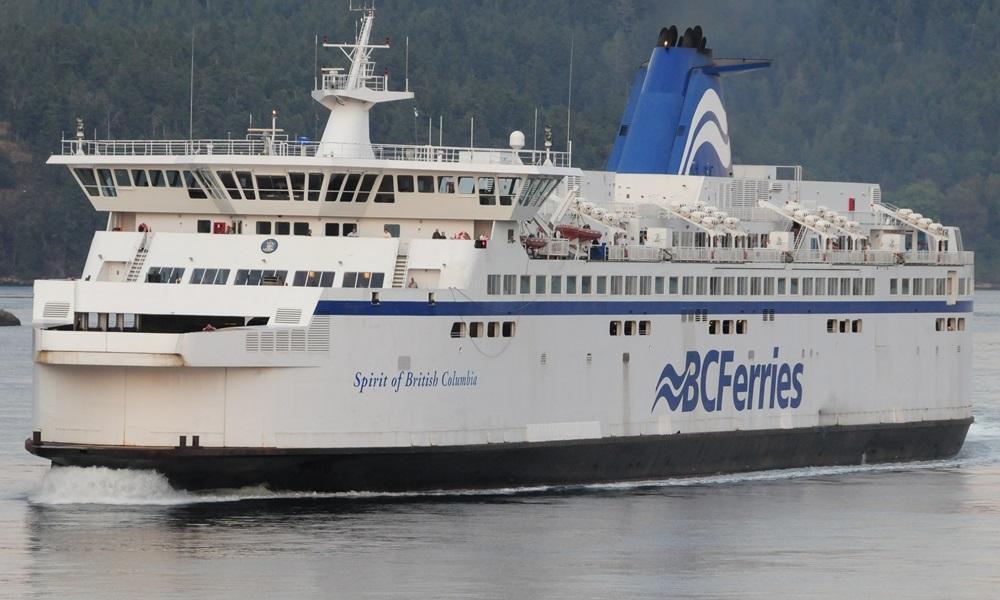The vehicle numbers of the Canadian state-owned ferry company BC Ferries hit a record. Passenger figures during the first 3 months of company’s fiscal year were the highest in 2 decades.
However, BC Ferries net earnings slid to US$6 million for the 3 months ending June 30 from US$17.3 million during the same period in 2017. The drop in earnings is due to the 15% fare reductions which kicked on April 1 on all routes other than Metro Vancouver-Vancouver Island trips. Prices held steady on the major routes to/from Vancouver Island.
In April, BC's seniors discount on fares was reinstituted, meaning the passenger portion of cruise fare is free from Monday through Thursday on most routes for travellers 65 and older.
Earnings were affected by the addition of voyages at busy times, increasing operating expenses, the ferry company announced in its quarterly report.
Revenues rose by 1.5% to US$229.7 million, from US$226.2 million, during the first quarter, mainly due to the higher level of traffic, but it was partly offset by lower fares.
Operating expenses increased by 7.8% to US$209.9 million during the first quarter, from US$194.7 million during the same quarter in 2017, due to higher labour and training costs as well as increase in fuel consumption.
An extra 352 roundtrips were added in order to meet higher demand. Schedules were adjusted for line's Horseshoe Bay service, and there were costs due to bringing Spirit of British Columbia back to service after her mid-life upgrade (converting ship’s engines for dual-fuel to operate on liquefied natural gas/LNG).

Spirit of British Columbia was back to service on June 6 on Tsawwassen-Swartz Bay route. The ferry is one of 4 in the fleet able to operate on LNG.
BC Ferries capital costs for the first quarter totalled US$72.8 million for projects including major overhauls, inspection on ships, Spirit-class mid-life upgrades, and new Island-class ferries now being built.
BC Ferries is currently modernizing its fleet. The company issued requests for expressions of interest for 4 Island-class ships and 1 Salish-class vessel.
Direct service between Port Hardy (north of Vancouver Island) and Bella Coola (central coast) resumes on September 16 and runs until October 11.